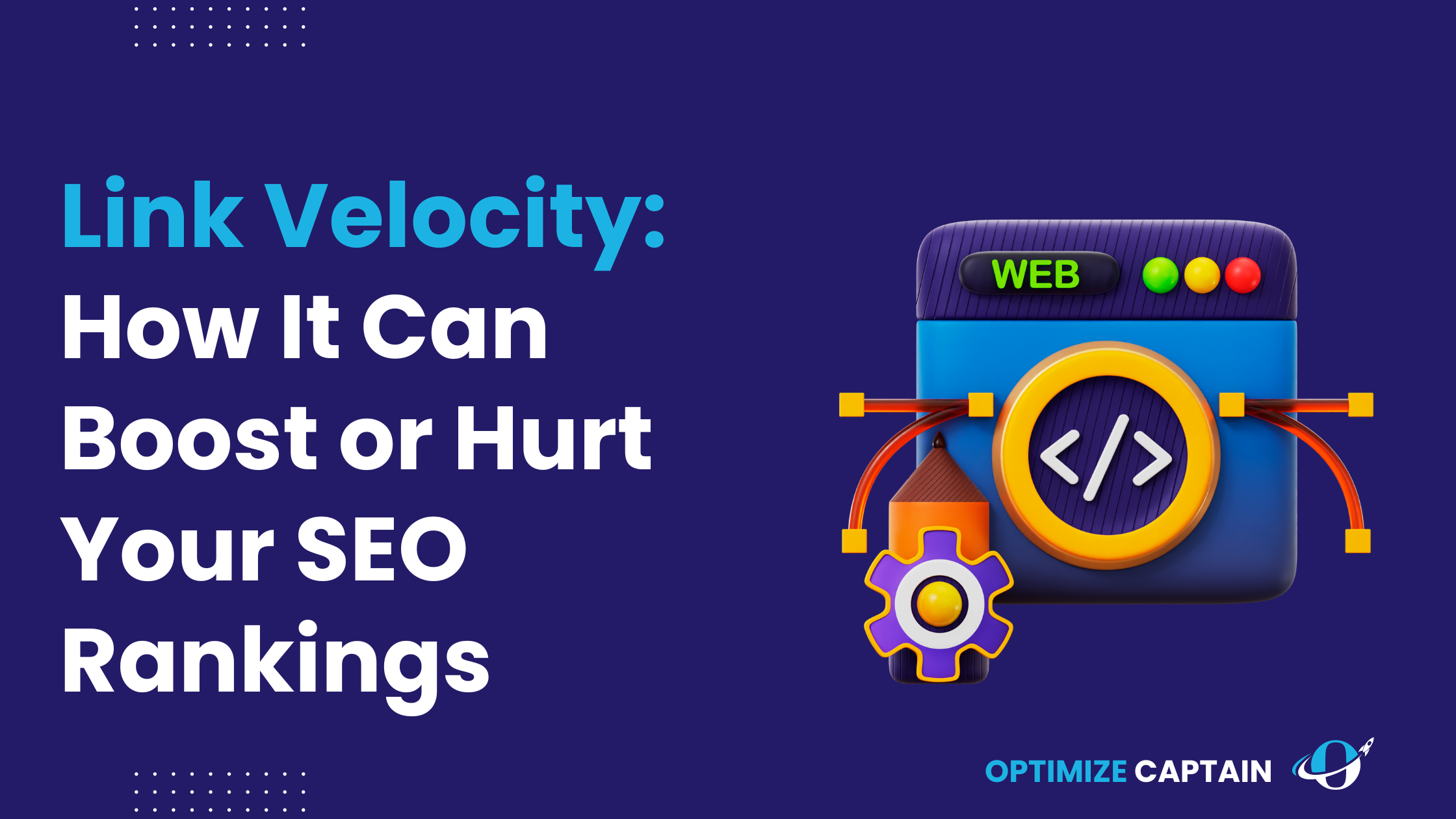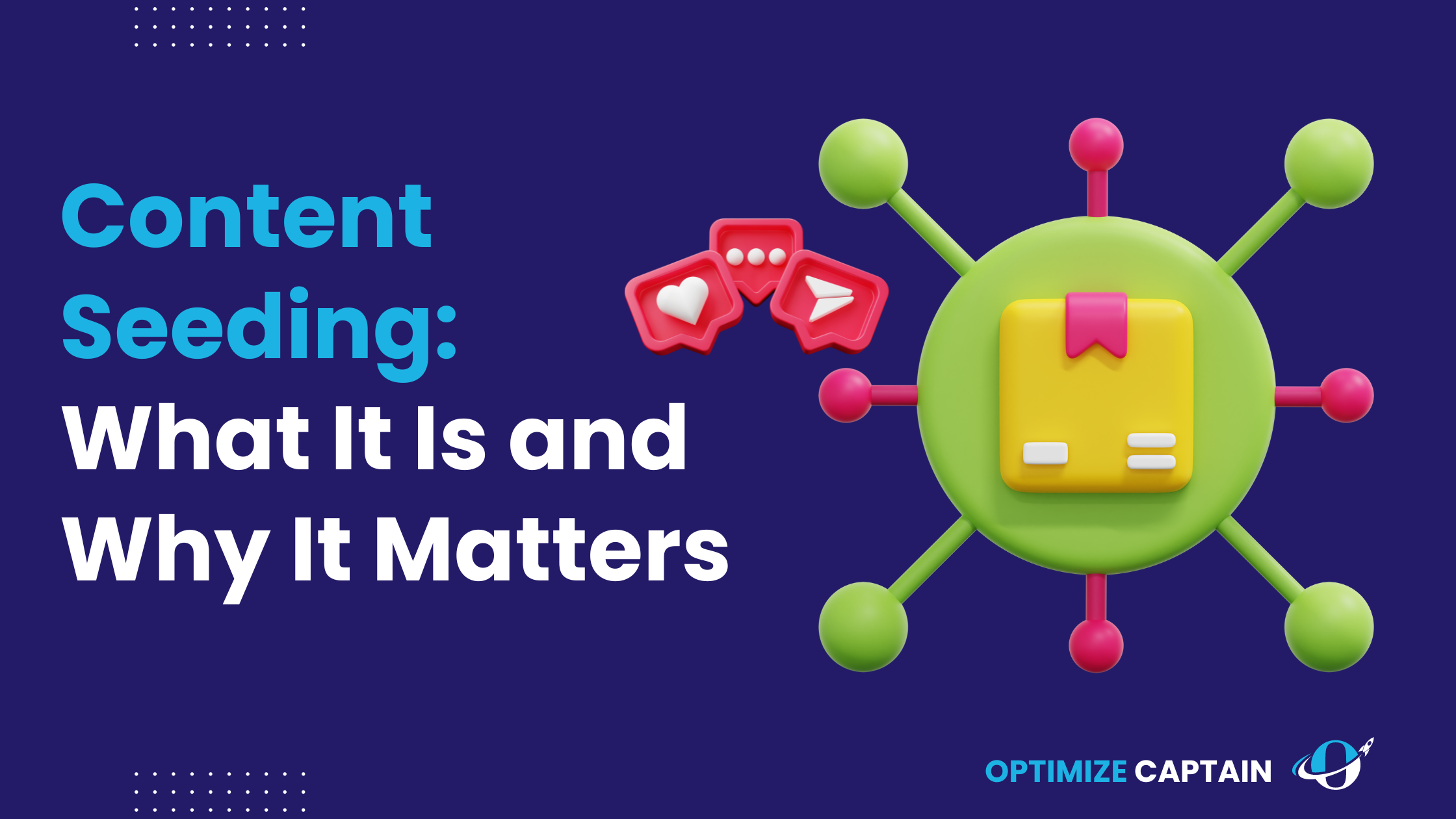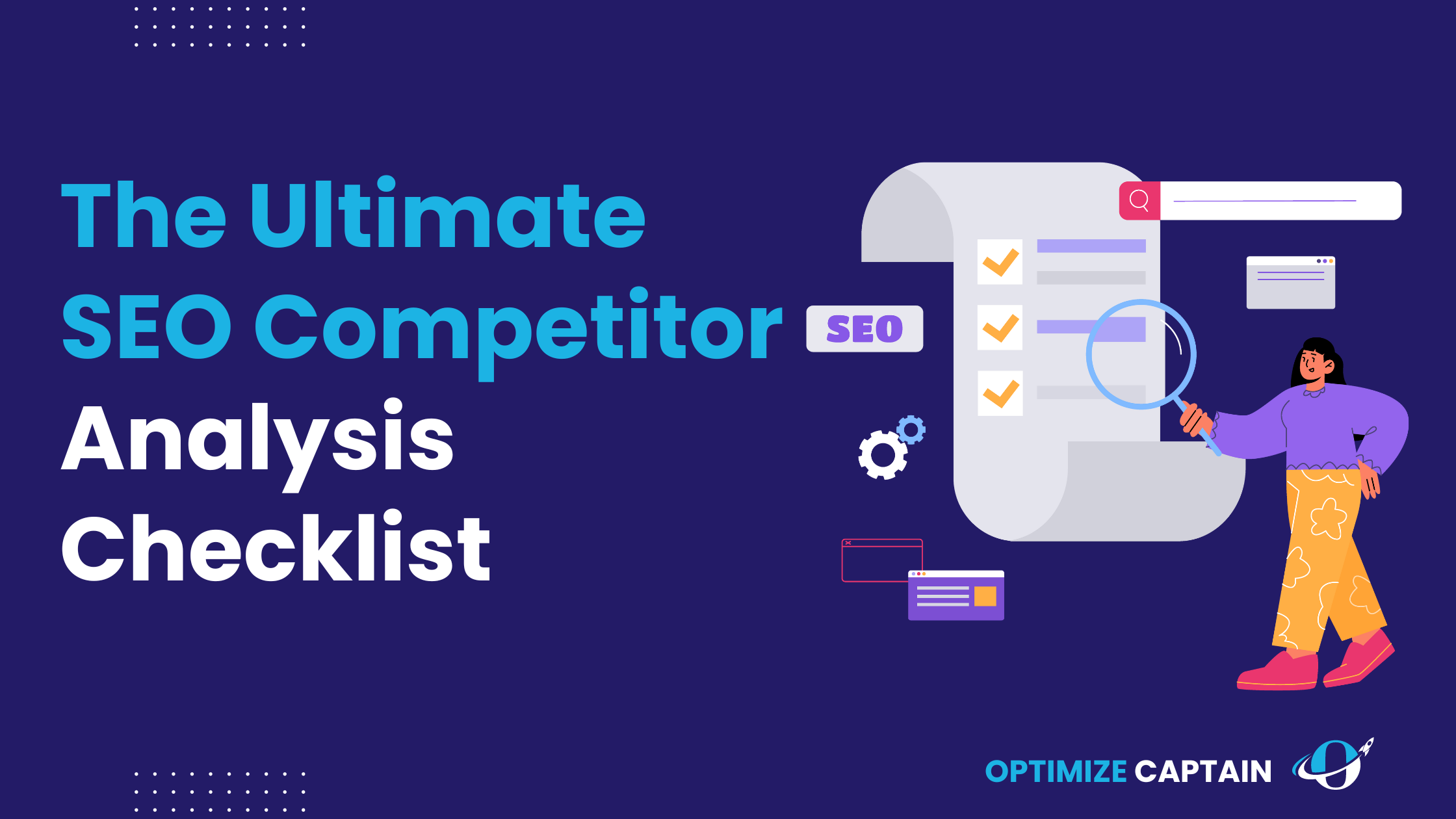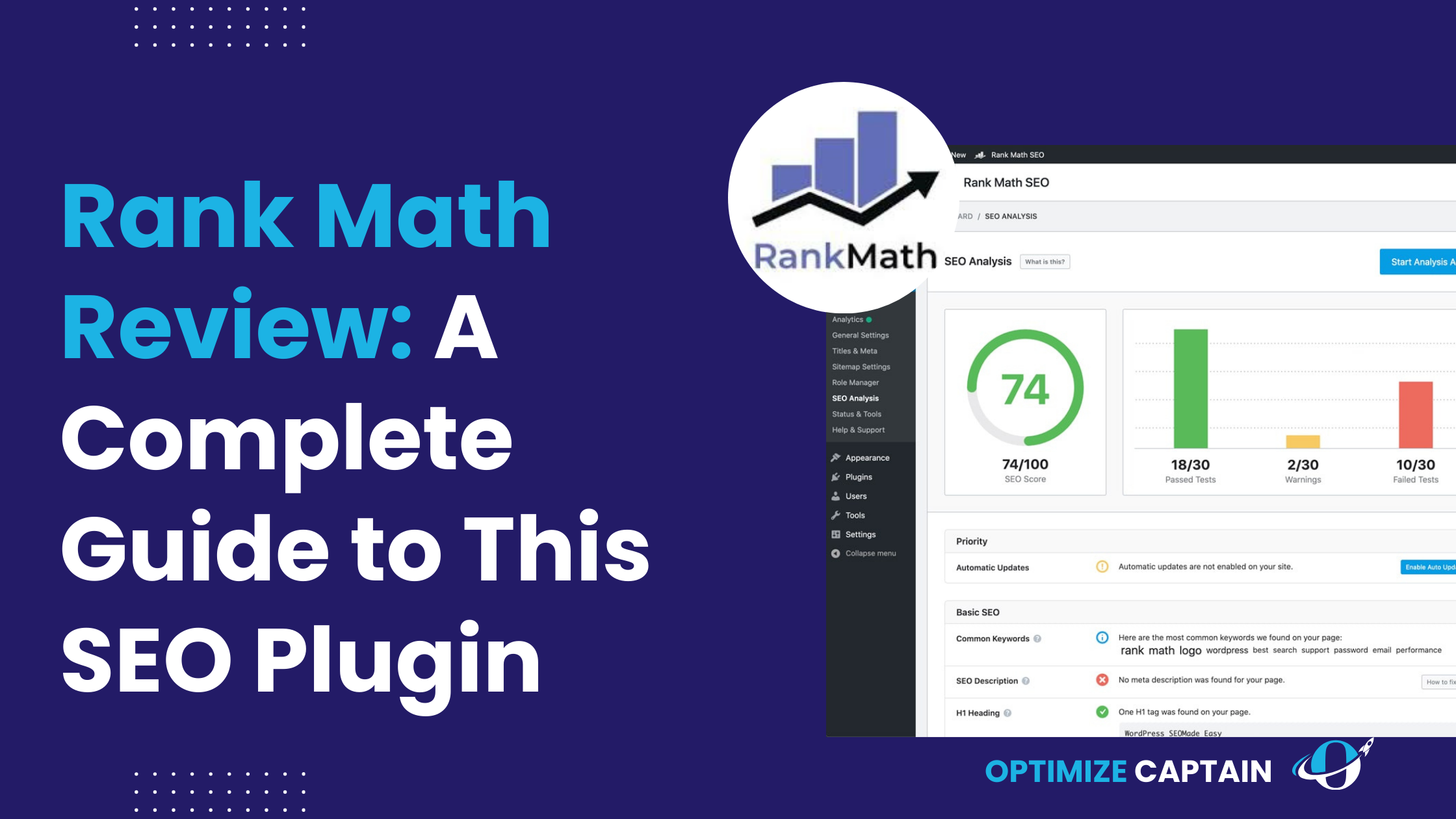Imagine you’ve poured your heart and soul into building a fantastic Software-as-a-Service (SaaS) product. It solves a real problem, offers incredible value, and has the potential to revolutionize your industry. But there’s one problem – no one can find it online.
That’s where Search Engine Optimization (SEO) comes in. In a nutshell, SEO is the art and science of getting your website to rank higher in search results like Google. The higher you rank, the more likely people discover your product and become paying customers.
Why is SEO so important for SaaS businesses?
Think about how you find information online.
Chances are, you head straight to a search engine like Google. This is exactly what your potential customers are doing, too. In fact, a whopping 68% of online experiences begin with a search engine. If your SaaS business isn’t ranking high in search results, potential customers may find your competitors instead.

This is where SEO (Search Engine Optimization) comes in. By implementing effective SEO strategies, you can increase your website’s visibility in search engine results pages (SERPs) for relevant keywords. This leads to more qualified traffic landing on your website and actively searching for solutions for your SaaS product.
However, SEO for SaaS is unique. Unlike traditional businesses, SaaS companies often have complex websites and rely heavily on content marketing to attract leads. This is where a specialized SaaS SEO agency can be a game-changer.
Checkout this Article: Proven SaaS SEO Strategy for Sustainable Growth in 2024
What Does a SaaS SEO Agency Do?
A good SaaS SEO agency will offer a range of services tailored to the specific needs of your business. Here are some of the key things they can help you with:
- Keyword Research: Identifying the terms and phrases your target audience is searching for online.
- On-Page Optimization: Optimizing your website content and structure to rank higher for relevant keywords. This could involve optimising title tags, meta descriptions, and image alt text.
- Content Creation: Developing high-quality, informative content that attracts and engages your target audience. This could include blog posts, case studies, white papers, and infographics.
- Link Building: Earning backlinks (links from other websites to yours) is crucial to SEO success. A good agency will have strategies to build high-quality backlinks to your website.
- Technical SEO: Ensuring your website is technically sound and crawlable by search engines. This includes fixing broken links, improving page speed, and ensuring your website is mobile-friendly.
Working with a SaaS SEO agency can improve your website’s visibility, attract more qualified leads, and ultimately grow your business.
How to Select the Perfect SaaS SEO Agency for Your Business
Choosing the right SEO agency is a crucial decision for any SaaS business. A good agency can be a powerful partner, helping you attract high-quality leads, improve brand awareness, and drive sustainable growth. But with so many agencies, how do you find the perfect fit for your business? Here’s a comprehensive guide to help you navigate the selection process:
1. Define Your Needs and Goals
Before you start your agency search, take a step back and clearly define your specific SEO goals. What do you want to achieve? Here are some examples with concrete metrics to set expectations:
- Increase organic traffic to your website by 30% within the next 6 months.
- Improve your ranking for the keyword “project management software for small teams” to the top 3 positions on Google within a year.
- Generate 50 qualified leads per month through organic traffic.
Clear goals allow you to choose an agency with the expertise and experience to help you achieve them.
2. Budget for Success
SEO services can vary in price depending on the agency’s experience, the scope of your project, and the level of service you require. A good starting point is to allocate 5-10% of your marketing budget to SEO. This ensures a healthy investment while considering other marketing channels.
3. Research and Evaluate Potential Agencies
Once you know your goals and budget, it’s time to research potential agencies. Here are some tips to help you find the best fit:
- Industry Expertise: Look for agencies with a proven track record of success in the SaaS industry. They’ll understand the unique challenges and opportunities of SaaS SEO, like content marketing strategies and subscription-based conversion funnels.
- Client Testimonials & Case Studies: Don’t rely on what agencies say about themselves. Check out their client testimonials and case studies. Look for examples of how they’ve helped similar SaaS businesses achieve their SEO goals. Did they increase organic traffic for a project management tool? Or improve brand awareness for a customer relationship management (CRM) platform? Look for concrete results that align with your needs.
- Content Marketing Prowess: Review the agency’s website and content. Does their content demonstrate a strong understanding of SEO best practices and current industry trends? Are they actively creating informative blog posts, white papers, or webinars relevant to the SaaS space? This content marketing expertise is crucial for attracting and converting leads through organic search.
4. Develop a Shortlist and Schedule Consultations
Narrow down your options to 3-5 agencies that seem like a good fit based on your research. Schedule consultations with each agency to discuss your specific needs and goals. Here are some questions to ask during these consultations:
- What is your approach to SaaS SEO? A good agency should explain its process in clear, understandable terms. It should focus on white-hat SEO techniques and create a long-term strategy for sustainable growth.
- How will you measure the success of your SEO efforts? Ask about the metrics they track, such as organic traffic, keyword rankings, and lead generation.
- Can you provide references or case studies of similar SaaS companies you’ve helped? Getting references allows you to contact past clients and hear firsthand about their experience with the agency.
5. Make an Informed Decision
After your consultations, consider all the factors involved, such as:
- Experience and Expertise: Does the agency have a proven track record of success in the SaaS industry?
- Cost: Does their pricing structure fit your budget?
- Communication Style: Do you feel comfortable communicating with the agency team?
- Cultural Fit: Do their values and approach align with your company culture?
Choosing the right agency is about finding a partner, not just a vendor. The best agency will take the time to understand your business, your target audience, and your unique goals. They will then develop a comprehensive SEO strategy tailored to your specific needs and help you achieve long-term success.
Bonus Tip: Watch Out for Red Flags!
There are a few red flags to watch out for when choosing an SEO agency:
- Guaranteed Results: Beware of agencies that promise quick and guaranteed results. SEO is a long-term strategy, and results can vary depending on several factors.
- Black Hat SEO Techniques: Avoid agencies that suggest using unethical practices like keyword stuffing or buying backlinks. These tactics can harm your website in the long run.
- Lack of Transparency: A good agency should be transparent about its process and pricing. If they’re hesitant to answer your questions or provide clear details, it’s best to move on.

Additional Tips:
- Research the agency: Check their website, social media presence, and online reviews.
- Ask questions: Don’t hesitate to ask about their process, experience, and success rates.
- Get everything in writing: Contracts should clearly outline fees, services, and guarantees.
- Trust your gut: If something feels off, it probably is. Don’t be afraid to walk away.
6. Consider the Agency’s Size and Structure
There’s no one-size-fits-all answer when it comes to agency size. Here’s a breakdown of the pros and cons of different-sized agencies:
- Large Agencies:
- Pros: Extensive experience and access to more resources and tools.
- Cons: Can be more expensive, potentially less personalized service.
- Small Agencies:
- Pros: Often more affordable, personalized attention and focus.
- Cons: May have less experience or resources compared to larger agencies.
Ultimately, the best size for you depends on your specific needs and budget. If you’re a small startup with a limited budget, a smaller agency might be a good fit. However, if you’re a larger company with complex SEO needs, a larger agency might be better equipped to handle your project.
7. Look for Transparency and Communication
A good SEO agency will be transparent about its process, pricing, and communication style. Here are some things to look for:
- Clear Communication Channels: Do they have a preferred method of communication (email, phone calls, project management tools)?
- Regular Reporting: Will they provide regular reports on your SEO progress, including key metrics like website traffic, keyword rankings, and lead generation?
- Open Communication: Do they encourage open communication and answer your questions promptly and thoroughly?
Open and transparent communication is essential for building a successful partnership with your SEO agency.
8. Think Long-Term
Don’t view SEO as a quick fix. It’s a long-term investment that can pay off significantly over time. Choose an agency that takes a long-term approach and focuses on building a sustainable SEO strategy for your business.
The right SEO agency can be a game-changer for your SaaS business. By following these steps and carefully considering all the factors involved, you can find a partner who will help you achieve your SEO goals and drive sustainable growth for your company.





